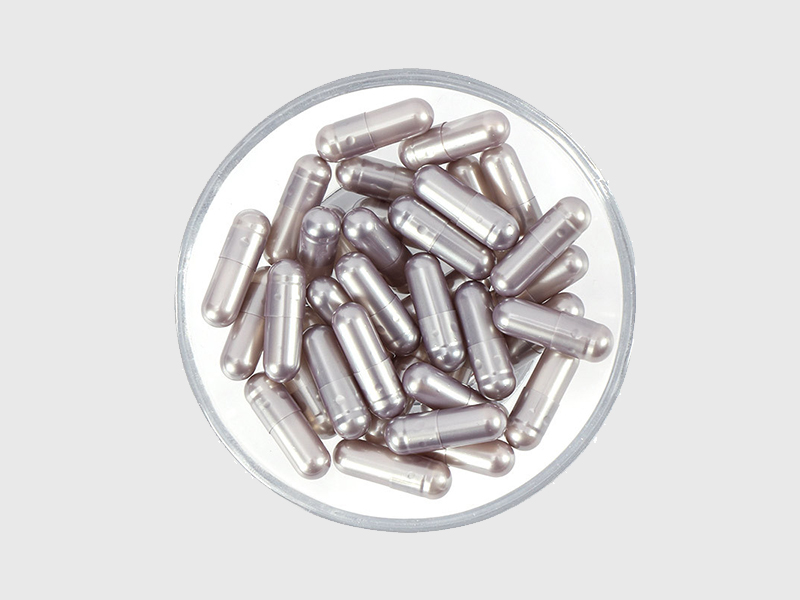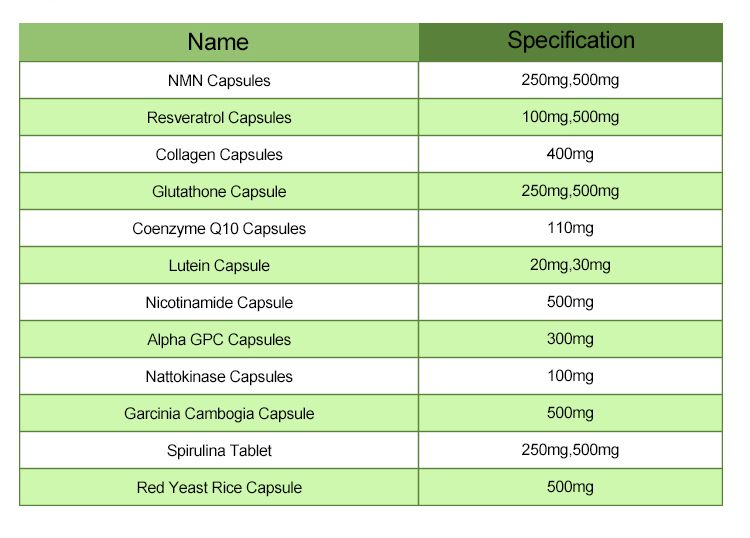Glutathione capsules are dietary supplements that contain glutathione, which is a tripeptide composed of three amino acids: glutamine, cysteine, and glycine. Glutathione is naturally produced in the human body and plays a crucial role in various physiological processes, including immune function, detoxification, and antioxidant defense.
Glutathione is often referred to as the body’s “master antioxidant” because it helps neutralize free radicals and reduce oxidative stress, which can damage cells and contribute to aging and disease development.
Glutathione supplements, typically available in capsule form, are marketed for their potential health benefits, including:
Antioxidant support: Glutathione helps combat oxidative stress by neutralizing free radicals and protecting cells from damage.
Immune system support: Glutathione plays a role in immune function and may help strengthen the body’s defenses against infections and diseases.
Detoxification: Glutathione is involved in the detoxification process, helping to remove harmful substances, such as heavy metals and toxins, from the body.
Skin lightening: Some individuals use glutathione supplements for skin lightening purposes, although the effectiveness of this use is debated and not universally supported by scientific evidence.

It’s important to note that while glutathione supplementation may offer potential health benefits, research on its efficacy and safety is ongoing, and individual results may vary. As with any dietary supplement, it’s advisable to consult with a healthcare professional before starting glutathione capsules, especially if you have any underlying health conditions or are taking medications.
How to use Glutathione Capsules?
Glutathione is an antioxidant naturally found in the body that plays a crucial role in neutralizing free radicals and supporting the immune system. Glutathione supplements, often in the form of capsules, are sometimes taken to support health and well-being. Here’s a general guide on how to use glutathione capsules:
Consult a Healthcare Professional: Before starting any new supplement regimen, it’s essential to consult with a healthcare professional, especially if you have any underlying health conditions or are pregnant or nursing.
Dosage: Follow the recommended dosage provided on the product label or as directed by your healthcare provider. Dosages can vary based on factors like age, weight, and health status. It’s crucial not to exceed the recommended dosage unless advised by a healthcare professional.
Timing: Glutathione capsules are often taken with meals, but it’s best to follow the specific instructions provided with the supplement. Some people prefer taking them in the morning, while others find it more convenient to take them in the evening. Consistency is key; try to take them at the same time each day.
Storage: Store glutathione capsules according to the manufacturer’s instructions. Typically, they should be kept in a cool, dry place away from direct sunlight. Ensure the container is tightly closed to prevent exposure to moisture.
Hydration: Drink plenty of water when taking glutathione capsules, as proper hydration can help with the absorption of nutrients.
Additional Considerations: Some people may experience mild side effects such as stomach upset or nausea when taking glutathione supplements. If you experience any adverse reactions, discontinue use and consult your healthcare provider.

Monitor Results: Pay attention to how your body responds to the supplementation. While some individuals may notice improvements in their health or skin appearance relatively quickly, others may require more time to experience benefits. Keep track of any changes and discuss them with your healthcare provider.
Quality Assurance: Ensure that you’re purchasing glutathione capsules from a reputable manufacturer to guarantee quality and safety. Look for products that have undergone third-party testing for purity and potency.
Remember that while glutathione supplements may offer potential health benefits, they should not be seen as a substitute for a balanced diet and healthy lifestyle. It’s essential to prioritize a nutrient-rich diet, regular exercise, adequate sleep, and stress management for overall well-being.
